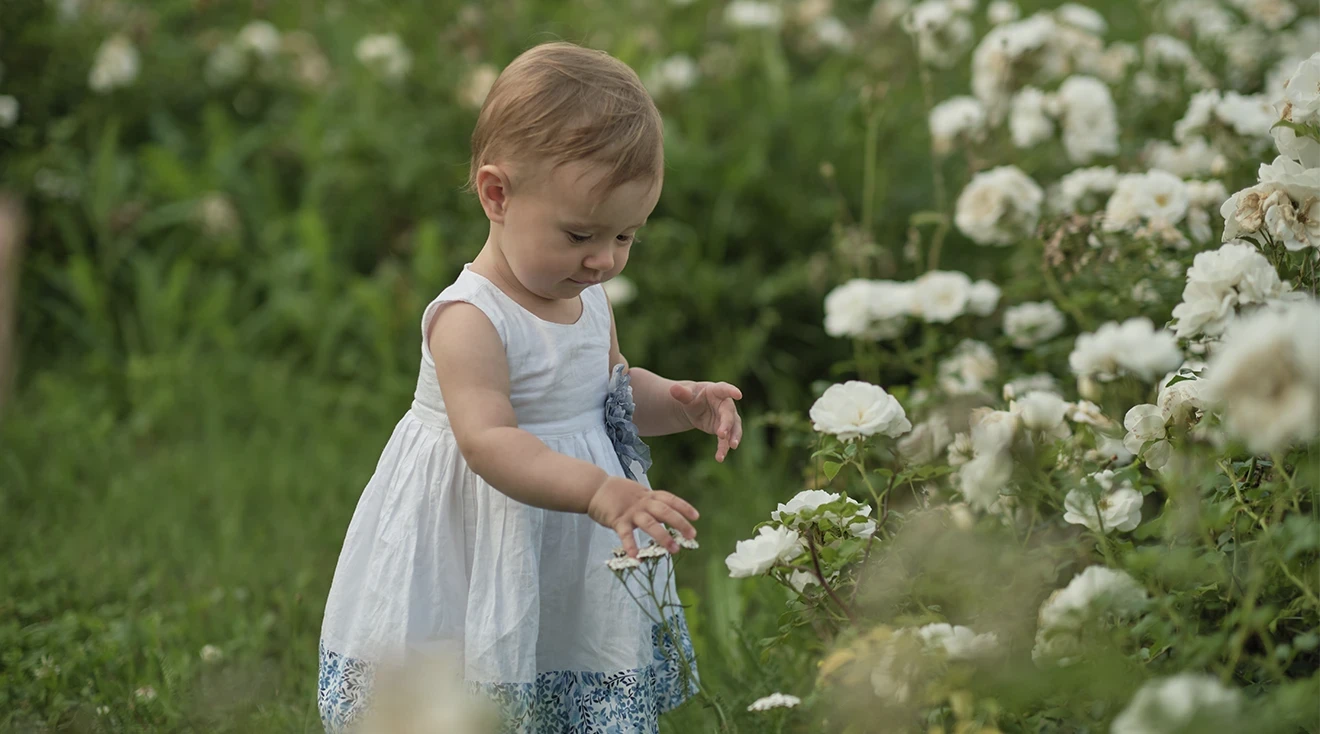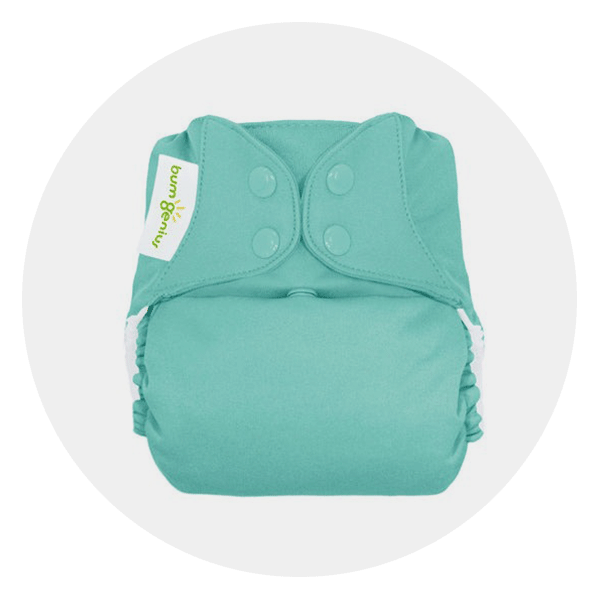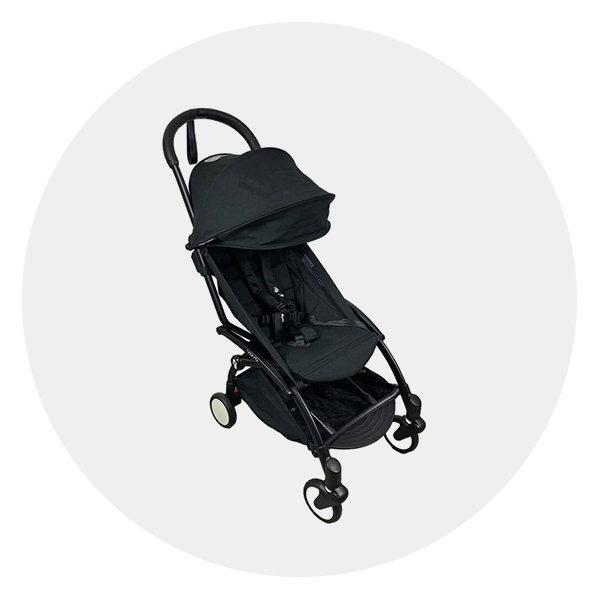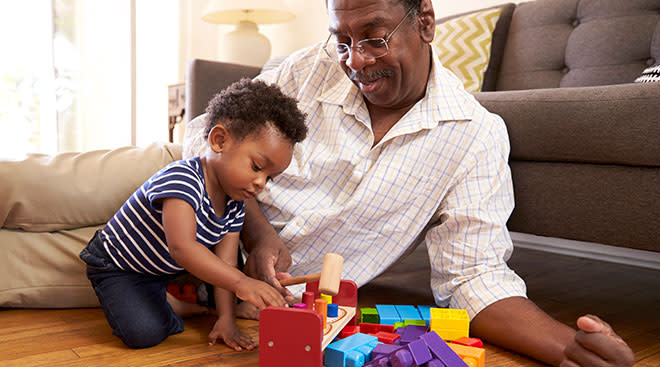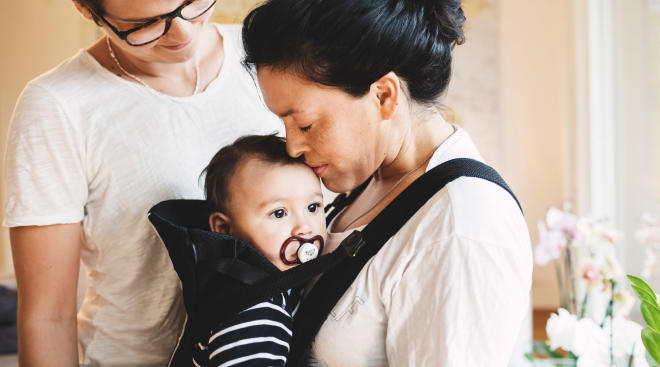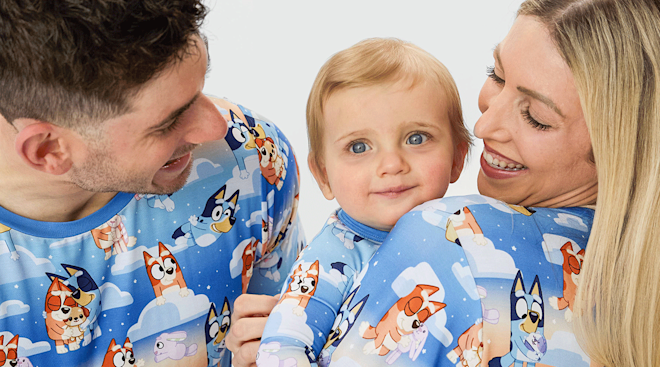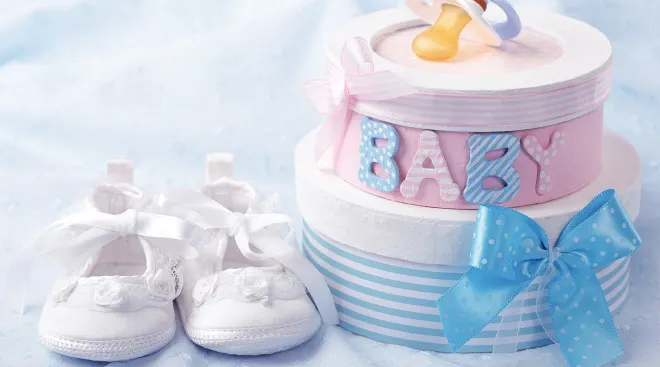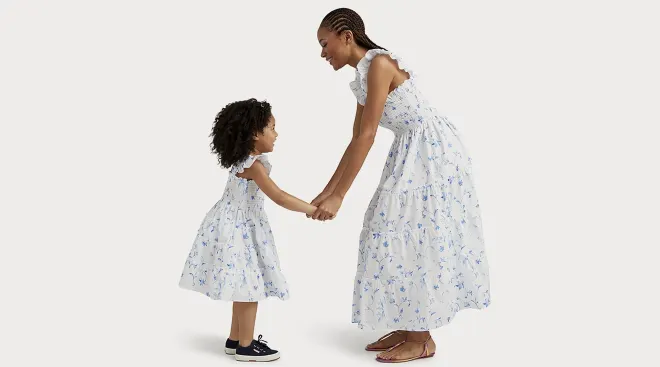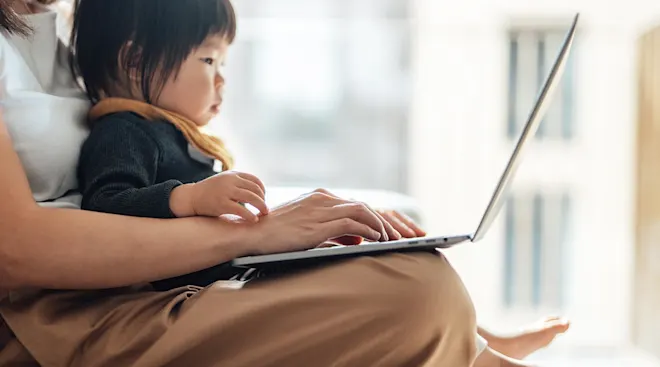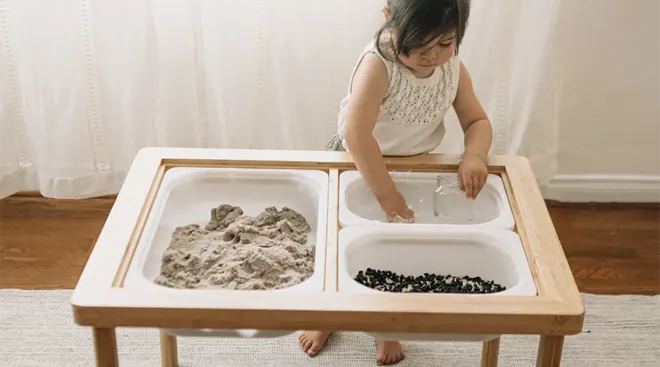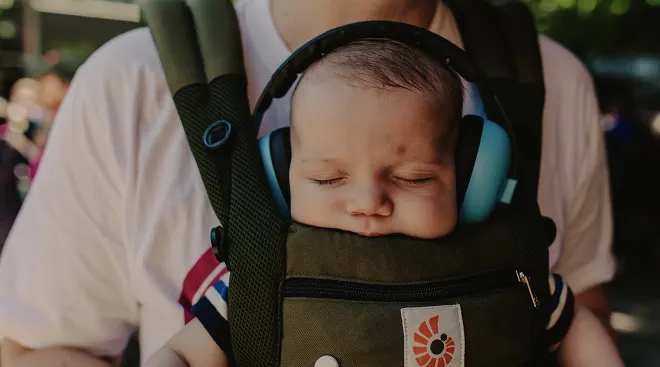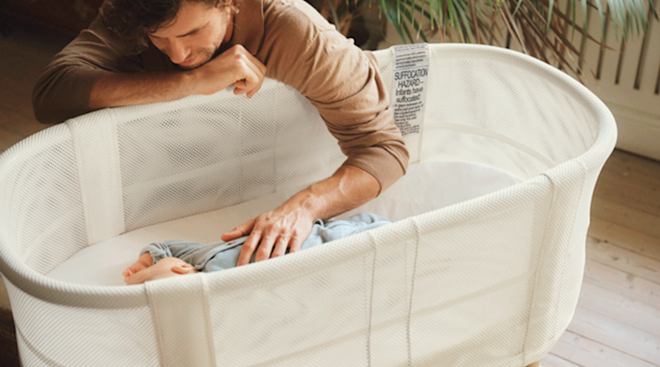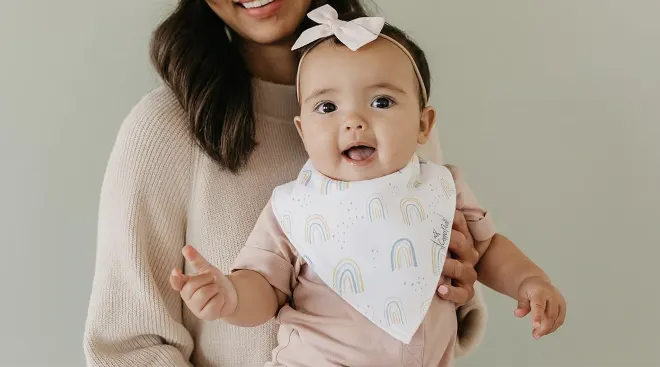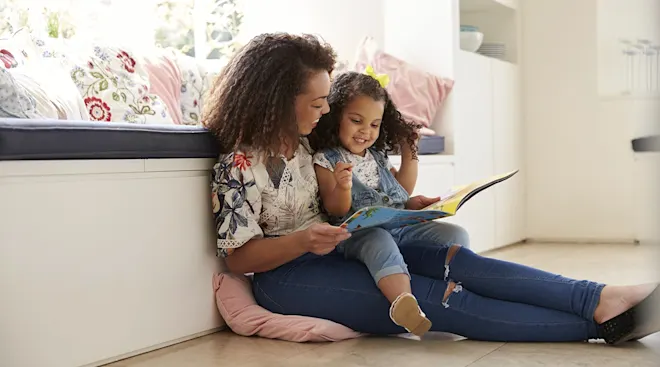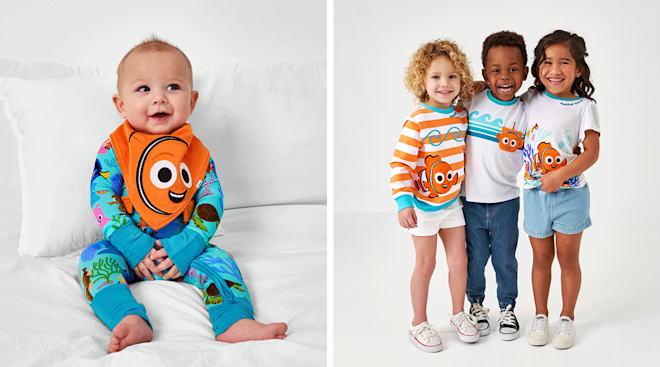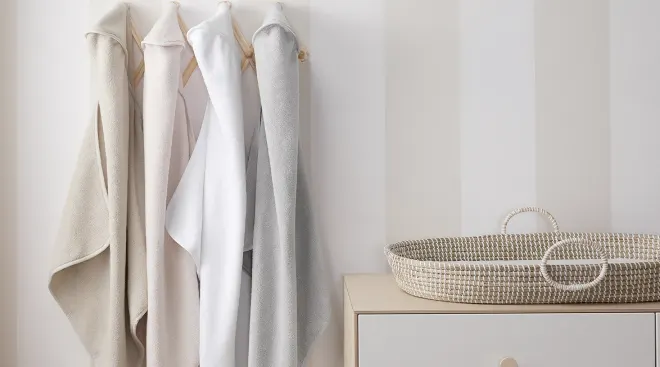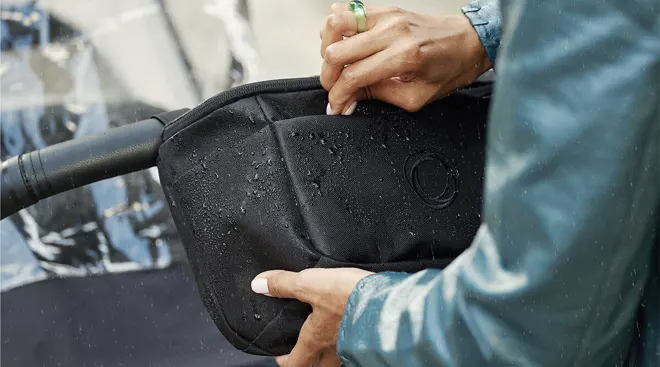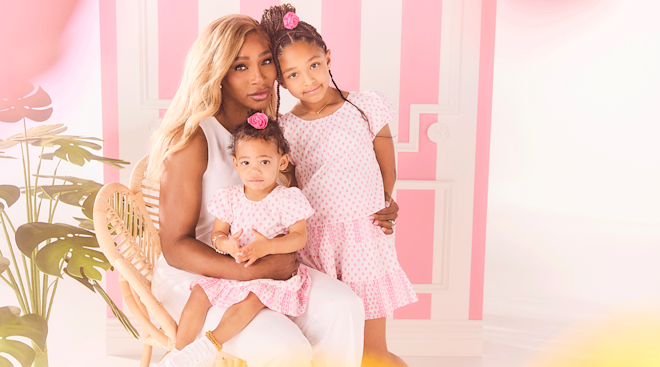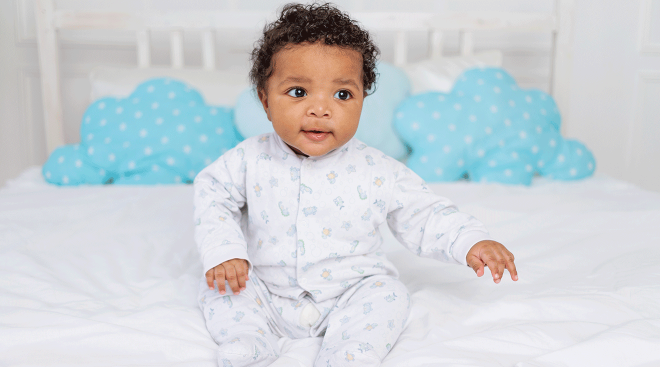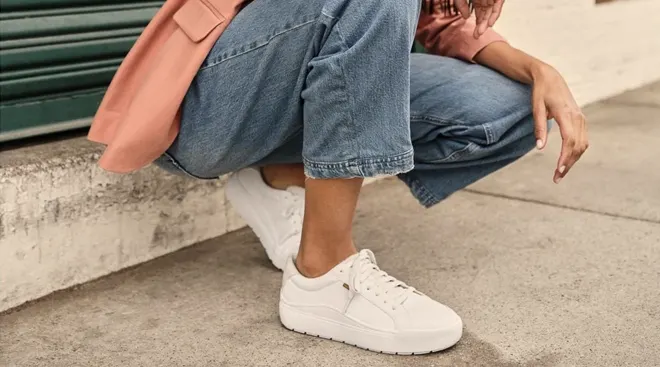Our Favorite Eco-Conscious Products for Green Households
Parenting is different today than ever before. Not only have our attitudes changed, but as a result of climate change, our environment has too. As parents, we’re increasingly asking ourselves what kind of world we’ve brought our children into—and what kind of world will we leave behind for them? Especially as research conducted by University of Wyoming found that two-parent households with children emit over 25 percent more carbon monoxide than homes without.
It’s easy to feel overwhelmed by these statistics, but don’t despair. As consumers we do have the power to make a difference. This is reflected in survey data, which said that 41 percent of people strive to become more eco-friendly after having kids. Changing our purchasing behaviors can help make our lifestyle more sustainable, for us and for our little ones.
Here at The Bump, we understand the pressures of parenting in an age of consumption. In 2024 we analyzed changing attitudes and approaches to raising kids, and found four major trends that have emerged in today’s—and tomorrow’s—generation of parents. One major shift we identified was a movement towards “green households.” In response, we’ve put together a guide that reflects how the reality of climate change is impacting buying choices. Shop our picks for some of the best secondhand, recycled, biodegradable and sustainably sourced products on the market.
The products highlighted below are made by retailers that care about the world our children will inherit. From diapers to maternity dresses and breast milk bags, our selections are designed to make life with baby easier on you—and on the earth. Here are some of the steps we took while gathering information and putting together this list:
-
Conducted extensive market research and trend analysis in partnership with WGSN, one of the world’s leading trend forecasting agencies, to determine what eco-conscious parents are looking for from their products right now.
-
We read user reviews to ensure that these products live up to their claims and actually support parents in running a green household. Only products with average reviews of four or more stars made the final list.
-
Since The Bump editors are parents too, we relied on our own first-hand experience with these product categories. We also focused on products from reputable companies with sustainable manufacturing processes.
Editorial integrity is at the heart of everything we publish. Read about how The Bump develops and reviews all articles, including product reviews.
Of course, the best way to reduce your carbon footprint is to buy less stuff. But if there’s one item all parents definitely need, its diapers. In fact, babies go through roughly 3,000 diapers in their first year alone. As a result, disposable diapers happen to be the third-largest single consumer product taking up space in US landfills. Aside from the sheer scale, each single-use diaper takes about 500 years to degrade.
So the dirty truth is that however convenient disposable diapers are—and they are very convenient—they’re a huge burden on our environment. So what’s a parent to do? Well, you could consider cloth diapers, but they tend to be expensive and still have a negative impact on the environment as washing them takes a considerable amount of water and energy. Then there’s elimination communication, which forgoes diapers altogether, but takes a lot of time and effort.
Another option to consider is biodegradable diapers. Companies are making efforts to make their manufacturing processes greener. While we don’t have a perfect option yet, these three companies offer products and services that are more environmentally-friendly than traditional disposable diapers.
One-size fits all cloth diaper
These cloth diapers are all one piece—no separate cover and liner required. Soft, absorbent layers of soft cotton jersey and a waterproof cover keep baby comfy and dry, and the snap design makes them adjustable so they fit little ones from about 8 to 35 pounds. Plus, they’re easy to use, so babysitters, daycare workers and family members unfamiliar with cloth diapers don’t need to be intimidated.
Biodegradable diapers
Bamboo is a highly absorbent, sustainable and renewable resource—making these diapers and training pants good for both baby and the planet. Free from chlorine, alcohol, preservatives, phthalates, latex and other nasties, these diapers are hypoallergenic, moisture-wicking and gentle on delicate skin. They’re also 87 percent biodegradable, so they won’t be sitting in a landfill for half a millennium. Better yet, Andy Pandy Diapers is a brand that gives back. For every product you order, two trees will be planted through the Eden Reforestation projects and support is given to St. Jude Children's Research Hospital.
Diaper pick-up service
This diaper service picks up your used diapers, training pants and wipes and composts them, keeping them out of landfills and turning them into nutrient-rich soil. Just roll the soiled items up into DYPER’s compostable bags and leave them out for pickup. Alternatively, you can box them up and mail them away to be composted. The service is currently available in 21 cities, with more being added all the time.
Passing along hand-me-downs is a longstanding tradition in parenting circles. After all, baby grows fast, and it’s not uncommon for clothes to be barely worn before kids have outgrown them (the same goes for maternity clothes). Moreover, baby gear and nursery furniture often has plenty of life left in it once you’re done using it. Reusing clothes and supplies is a great way to get the most out of them and be kind to the earth—and more and more parents are catching on to this, helping to erase any lingering stigma around secondhand clothing and equipment. According to Erin Rechner, WGSN strategist and contributor to The Bump Future of Parenting Report, consumers are warming up to reuse more this year than last, with 58 percent of parents aged 25 to 39 saying that they like or love rental and resale. “Something that was once looked down on is becoming cool, as preloved can demonstrate a stand on being more circular, and also offers the opportunity to add more personality and styling options to an outfit,” says Rechner.
What’s more, used or pre-loved items don’t only have to come from friends, neighbors and relatives. The companies below specialize in helping families reuse clothing and baby supplies. When you buy (or rent!) from them, you can feel better about both your fashion statements and your environmental footprint.
Maternity clothing rental service
Rent the Runway is beloved by fashionistas on a budget everywhere—but did you know they offer a maternity plan too? If you’ve got a wedding, cocktail party, work event or other occasion that calls for dressing to the nines, they’ve got you covered. Choose your look, wear it for as long as you want (or as long as it fits), then ship it back and get something else. You’ll save space in your closet, while also reducing your carbon footprint.
Pre-loved baby gear
Having a baby means buying a lot of gear—and getting it secondhand isn’t just financially smart, it’s kinder to the earth. Offering everything from high chairs and strollers to playpens, toys and more, Good Buy Gear sells high-quality used baby supplies you can feel good about buying. You’ll find favorite brands including Doona, Bugaboo and others at reasonable prices. The company checks for recalls and makes sure everything they sell is in good working order, so you never have to worry about buying an unsafe product. Plus, you can sell your gear through them as well, making it a truly circular economy.
Thrifted kids clothes
Keep clothes in circulation, and out of landfills, by buying from thredUP. Once your child is ready to size up you can recycle kids clothing through thredUP too. You’ll find brands you love, including BabyGap, Zara, Cat & Jack, Hanna Andersson and more at a fraction of the price you’d pay new. More importantly, you can help save the earth while baby struts their stuff in style. Order a clean-out kit when you’re ready to go through your kiddo’s closet and say so long to things that no longer fit, you’ll get either credit to buy more or cash if you’d prefer.
No matter how hard to try to get around it, being a parent means having plenty of plastic in your home. From bottles to product packaging, it’s hard (and perhaps impossible) to avoid plastic altogether when you have a little one. Unfortunately, plastic playthings are one of the main offenders. According to Atmos, the toy industry uses 40 tons of plastic for every $1 million in revenue. What’s more, according to a Greenpeace report only about 5 percent of plastic in the US is recycled—as it’s an expensive and difficult process to collect, sort, transport and process it.
In response, millennial and gen Z parents are more thoughtful about the toys they buy for their children and brands have begun to step up with more eco-friendly alternatives. Below find three companies that are dedicated to helping lessen the environmental impact of all this plastic.
Sustainable cleaning products
Babies are messy—and cleaning products are a big contributor to the plastic waste problem. Blueland was founded by a mom specifically to help address the issue of plastic waste. The brand makes “forever bottles” in materials including silicone, glass and steel. Fill them with the cleaning tablets and powder and mix them with water to make sustainably-packaged, earth-friendly cleaning products. All of the ingredients are safe to use around kids and pets.
Wooden play set
The toy industry is considered the most plastic-intensive in the world, but luckily, there’s no shortage of fun, high-quality wooden toys out there to keep little ones entertained. We love this Melissa & Doug set, which lets kids play ice cream shop to their hearts’ content. They can serve up cups, cones, milkshakes and more, add sprinkles on top—and even swipe a play credit card for pretend payment. Suitable for children ages 3 to 7, this sweet set helps with fine-motor skills and counting, and sparks imagination. The best part? Melissa & Doug are partnered with One Tree Planted to restore thriving forests by planting new trees and this toy is made from FSC certified materials.
Reusable breast milk storage bags
If you’re pumping milk for baby, you’ll need to store that liquid gold in bags—but they don’t have to be plastic. These silicone breast milk storage bags are an environmentally-friendly choice you can use over and over again. Made from food-grade silicone, they’re BPA-free, leak-proof and easy to clean. Customers rave about them, and they have a 4.5 star average rating on Amazon. (They even come in a variety of fun colors!)
About the writer As a commerce editor for Woman’s World and First for Women, Elizabeth Nelson tested, researched and reviewed everything from e-bikes and adjustable beds to swimsuits and skincare products. She vividly remembers using cloth diapers on her two daughters (now both in college) and wishes today’s diaper options had been available back then.
Plus, more from The Bump:
The Bump Future of Parenting Report, March 2024
ScienceDaily, Economists find carbon footprint grows with parenthood, April 2020
SWNS, 76% of American homes say their kids are the reason they strive to be eco-friendly, September 2021
ScienceDirect, End-of-life management of single-use baby diapers: Analysis of technical, health and environment aspects, August 2022
Atmos, The Toy Industry’s Eco-Future, August 2022
Greenpeace Reports, Circular Claims Fall Flat Again, October 2022
Navigate forward to interact with the calendar and select a date. Press the question mark key to get the keyboard shortcuts for changing dates.
































